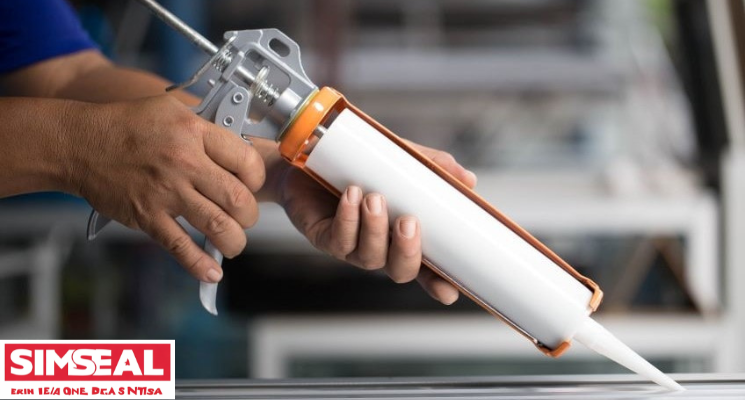Choosing the right structural adhesive is crucial for industrial applications where strength and durability are paramount. Whether you’re bonding metals, composites, plastics, or other materials, understanding the various options can help you make an informed decision. This blog post provides a comparative analysis of the best structural adhesives for industrial use.
Why Use Structural Adhesives?
Structural adhesives are designed to bear loads and maintain structural integrity over time. They offer several benefits over traditional fastening methods, such as:
- Improved stress distribution: Adhesives distribute stress evenly across the bonded area.
- Weight reduction: They eliminate the need for heavy mechanical fasteners.
- Enhanced aesthetics: Adhesives provide a clean, smooth finish without visible fasteners.
- Material versatility: They can bond a wide range of materials, including dissimilar ones.
Top Structural Adhesives for Industrial Use
1. Epoxy Adhesives
Features:
- Excellent bonding strength.
- High resistance to chemicals and temperature.
- Suitable for metals, composites, and some plastics.
Why It’s Great:
Epoxy adhesives are known for their exceptional strength and durability. They cure to form a rigid, high-strength bond that is ideal for heavy-duty industrial applications, such as aerospace and automotive industries.
2. Acrylic Adhesives
Features:
- Rapid curing time.
- High impact resistance.
- Effective on a variety of substrates, including metals and plastics.
Why It’s Great:
Acrylic adhesives offer a quick curing time and strong bonds, making them suitable for applications where speed and efficiency are crucial. They are also resistant to environmental factors, making them ideal for outdoor use.
3. Polyurethane Adhesives
Features:
- Flexible and durable.
- Good resistance to impact and vibration.
- Bonds well to metals, plastics, and wood.
Why It’s Great:
Polyurethane adhesives are valued for their flexibility and ability to withstand impacts and vibrations. This makes them ideal for applications in the construction and transportation industries, where movement and flexibility are essential.
4. Cyanoacrylate Adhesives (Super Glue)
Features:
- Very fast curing.
- High strength on small bonding areas.
- Works well on metals, plastics, and rubber.
Why It’s Great:
Cyanoacrylate adhesives, commonly known as super glue, are perfect for applications requiring a quick and strong bond. They are best suited for small-scale applications and repairs in various industries.
5. Silicone Adhesives
Features:
- High flexibility and elongation.
- Excellent resistance to temperature extremes.
- Suitable for glass, metals, and plastics.
Why It’s Great:
Silicone adhesives offer high flexibility and can withstand extreme temperatures. They are ideal for sealing and bonding applications in industries such as electronics and appliances.
How to Choose the Right Structural Adhesive
Consider the Materials
Ensure the adhesive you choose is compatible with the materials you are bonding. Different adhesives work better with certain substrates.
Evaluate Environmental Conditions
Consider the environmental conditions the adhesive will be exposed to, such as temperature, humidity, and chemical exposure. Choose an adhesive that can withstand these conditions.
Check Curing Time
Depending on your application, curing time can be a critical factor. Some adhesives cure quickly, while others take longer to reach full strength.
Assess Load Requirements
Determine the load the bonded joint will need to bear. Choose an adhesive that can handle the required stress and load over time.
Conclusion
Selecting the right structural adhesive for industrial use involves understanding the specific requirements of your application. Epoxy, acrylic, polyurethane, cyanoacrylate, and silicone adhesives each offer unique benefits and are suited for different industrial needs. By considering factors such as material compatibility, environmental conditions, curing time, and load requirements, you can choose the best adhesive to ensure strength, durability, and efficiency in your projects.


Recent Comments